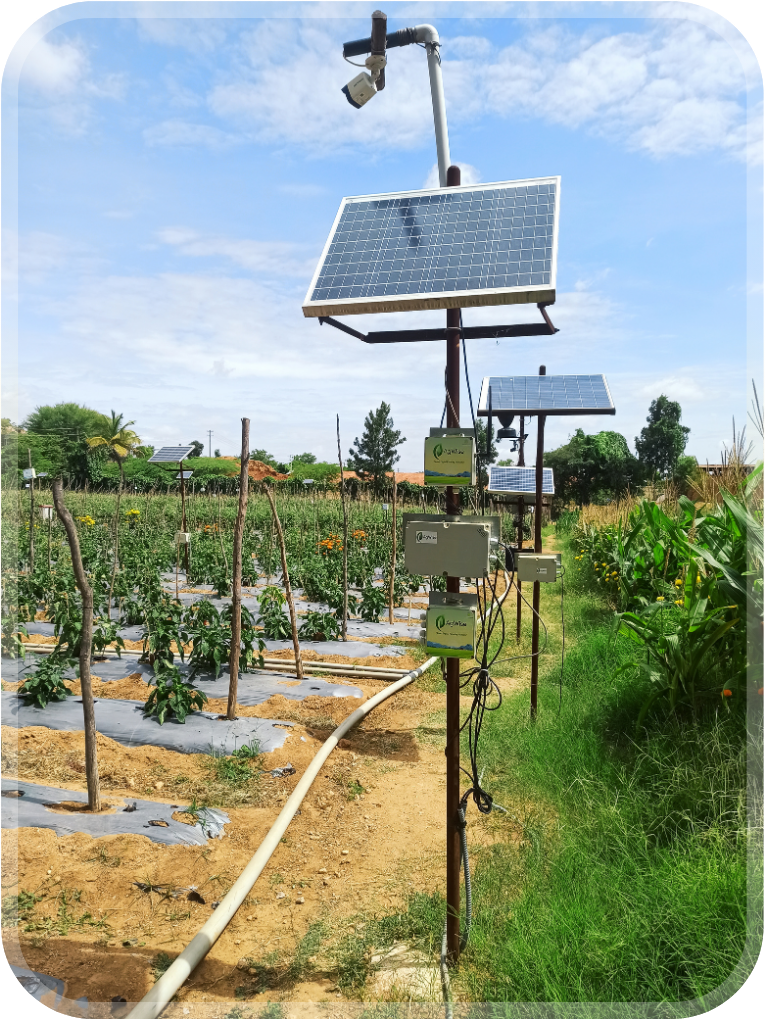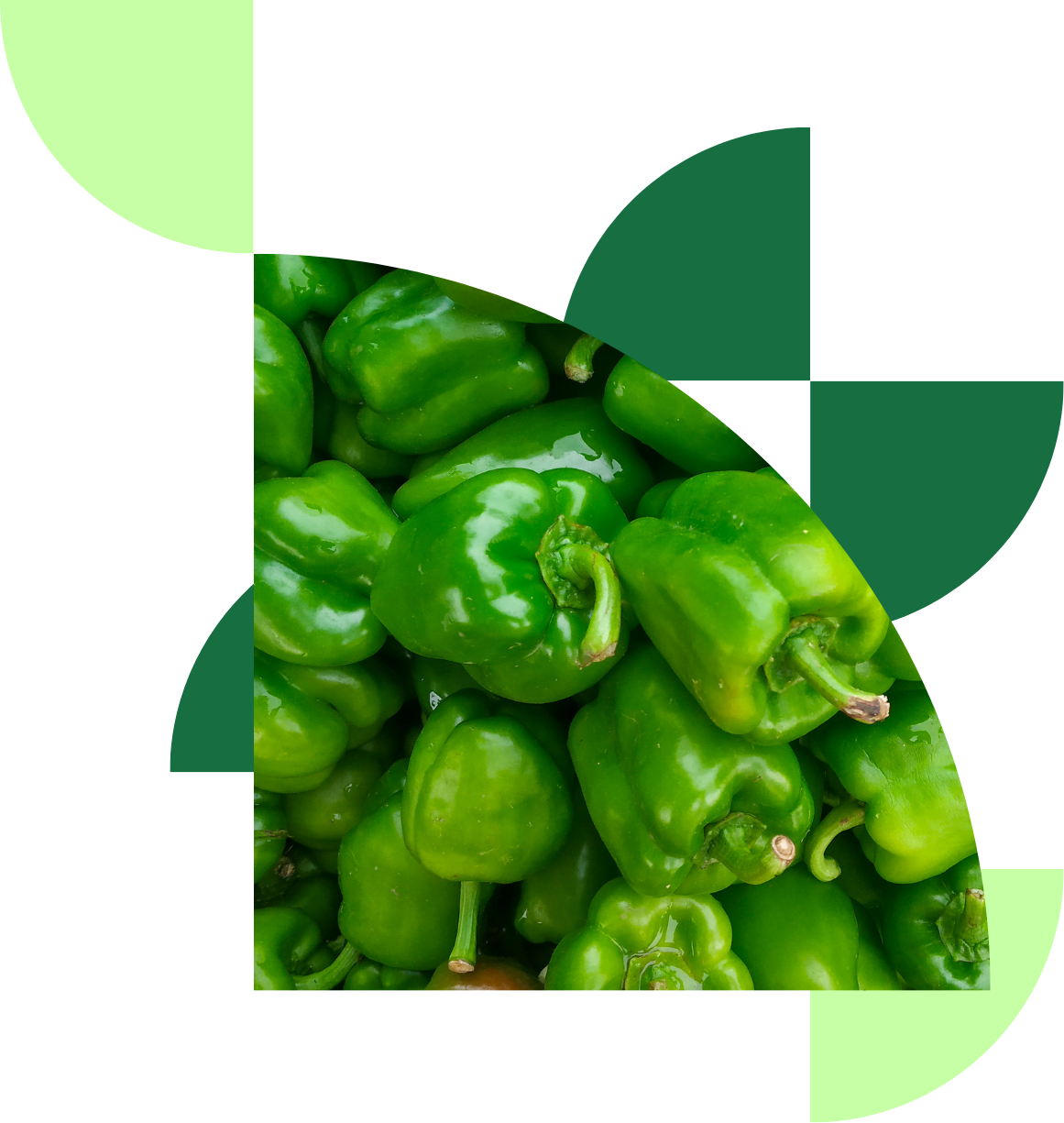Capsicum, commonly known as bell pepper or sweet pepper, holds a significant place in the global vegetable market due to its versatility, nutritional value, and widespread culinary use. Cultivated worldwide, capsicum's popularity stems from its vibrant colors, crisp texture, and distinct flavor profiles, making it a staple ingredient in various cuisines. With increasing demand driven by changing dietary preferences and growing awareness of its health benefits, capsicum cultivation faces challenges such as water management, pest control, and market fluctuations.
In response to these challenges, the integration of Internet of Things (IoT) technologies presents a promising avenue for enhancing capsicum farming practices. By leveraging IoT sensors to monitor environmental factors such as temperature, humidity, and soil moisture levels, and controllers to automate the irrigation and fertigation, farmers can optimize resource utilization and mitigate risks associated with adverse weather conditions and pest infestations.
The study explores the implementation of IoT interventions in capsicum cultivation, highlighting their potential to revolutionize traditional farming methods, improve productivity, and promote more sustainable production practices.

